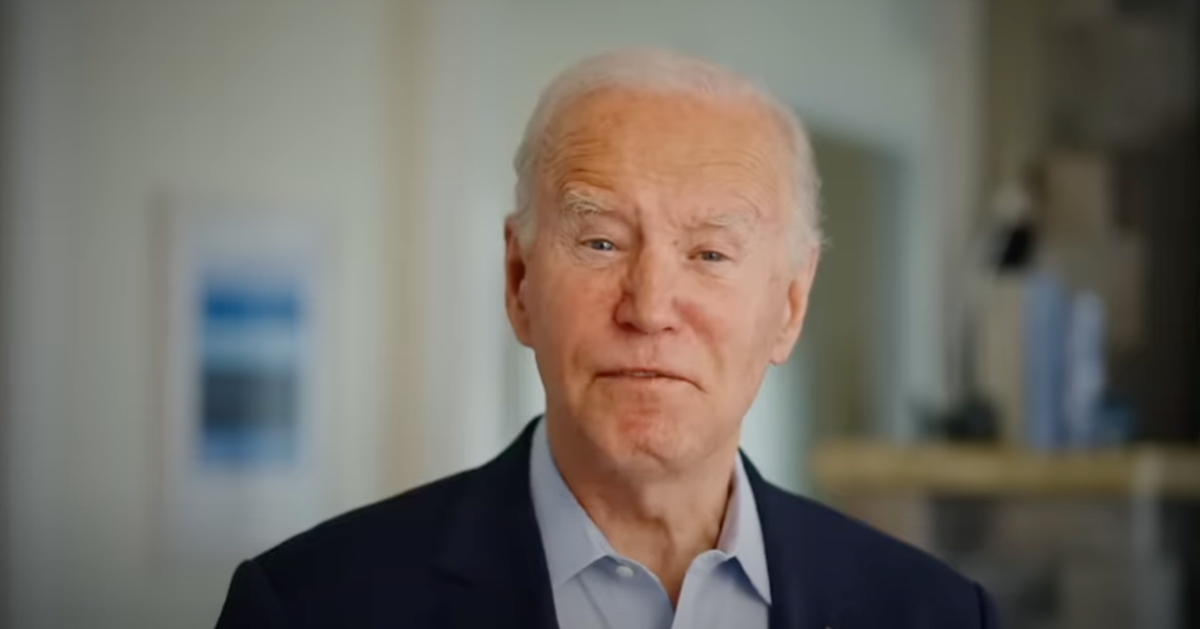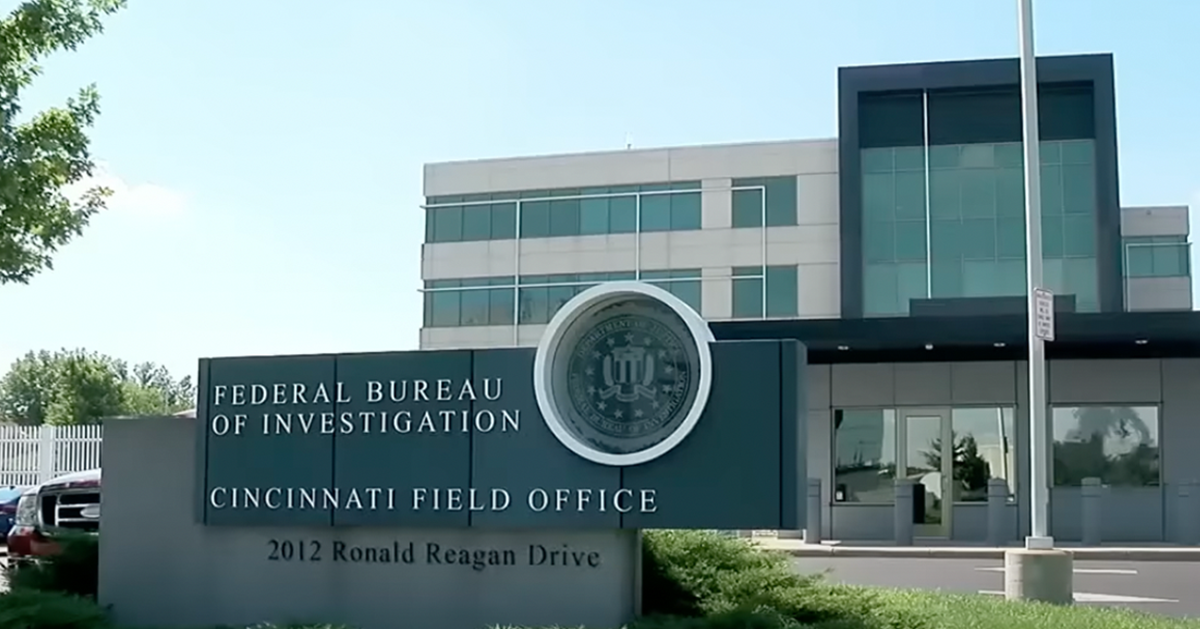Uncommitted MI Voters Criticize Harris' DNC Speech, Gaza Stance
Uncommitted voters from Dearborn, Michigan, have voiced strong dissatisfaction with Vice President Kamala Harris' recent speech at the Democratic National Convention, particularly her comments regarding the ongoing Israel-Hamas conflict.
These voters, many of whom have traditionally supported the Democratic Party, expressed concerns that Harris' stance could lead to severe electoral consequences come November, charging her with neglecting a key bloc ahead of the election, as Fox News reports.
Harris addressed the Israel-Hamas war during her DNC speech, mentioning the Oct. 7 terrorist attack and the subsequent conflict in Gaza. She emphasized that the administration is working to secure Israel, release hostages, end the suffering in Gaza, and support Palestinian rights to dignity, security, and self-determination.
Criticism Focused on Harris' Stance on Gaza
Despite her attempt to strike a balanced tone, Harris' comments did not sit well with the uncommitted voters in Dearborn. These voters are part of a broader anti-Israel movement among traditionally Democratic voters, who feel that the vice president's remarks downplayed significant recent events in the region.
One man criticized Harris for what he perceived as an insufficient acknowledgment of the events preceding Oct. 7. He felt that her speech minimized the ongoing struggles faced by Palestinians, reflecting a broader frustration among this group of voters.
Another man, particularly noticeable due to his keffiyeh, expressed disappointment that Harris did not call for a permanent ceasefire. He suggested that such a stance would have garnered more support from the Arab and Muslim communities, who have been loyal Democratic voters but are now reconsidering their allegiance.
Longstanding Democratic Support Now in Jeopardy
The dissatisfaction among these voters goes beyond mere rhetoric. The man wearing the keffiyeh elaborated on the Arab and Muslim community's historical support for the Democratic Party. He highlighted their contributions in terms of hosting, fundraising, and campaigning for Democratic candidates.
However, he indicated that the community's priorities have shifted, with funds now being directed to aid families overseas affected by the conflict.
This change in focus reflects a growing disillusionment with the current administration's policies, which these voters believe have directly contributed to the suffering in Gaza.
A woman from the group also criticized the Democratic Party's support for the war in Gaza, questioning whether a single speech could win back their support. She warned that the party's actions might lead to significant electoral repercussions, including the potential re-election of Donald Trump.
Potential Impact on the 2024 Election
The possibility of Trump benefiting from the dissatisfaction among these voters is a serious concern for the Biden administration. The woman stressed that the blame for such an outcome would lie squarely with the Democrats for distancing themselves from their constituents.
Yasmin Vossoughian, who reported on the reactions of these voters, noted that they seemed more open to supporting Harris compared to their stance during the Michigan primary earlier in the year. However, she emphasized that these voters want Harris to distinguish herself from President Biden and to take a stronger stance in favor of a permanent ceasefire.
In February, approximately 100,000 people voted "uncommitted" in the Michigan Democratic primary as part of a protest campaign against Biden's stance on Israel. This significant number underscores the potential impact that this discontent could have on the upcoming election.
Dearborn's Influence in the National Election
Dearborn, home to one of the largest Muslim communities in the United States, holds significant sway in Michigan's electoral landscape. The city's voters have traditionally leaned Democratic, but their growing frustration with the party's stance on Israel and Gaza could lead to a shift in support.
The potential consequences of losing this key demographic are clear. With Michigan being a critical battleground state, any significant loss of support from Dearborn's voters could tip the scales in favor of the Republican candidate in the 2024 election.
The concerns raised by these uncommitted voters highlight the delicate balance that the Biden administration must navigate in addressing the Israel-Hamas conflict. The administration's approach could have far-reaching implications, not just for its foreign policy but also for its domestic political strategy.
Conclusion: A Warning for the Democratic Party
The reaction of Dearborn's uncommitted voters to Harris' DNC speech serves as a stark reminder of the challenges the Biden administration faces in maintaining support among key demographics.
Their dissatisfaction with the administration's handling of the Israel-Hamas conflict could have significant electoral consequences, potentially paving the way for Trump's return to office.
The Democratic Party must carefully consider its approach in the coming months to avoid alienating these crucial voters and risking the loss of Michigan in the 2024 election.






